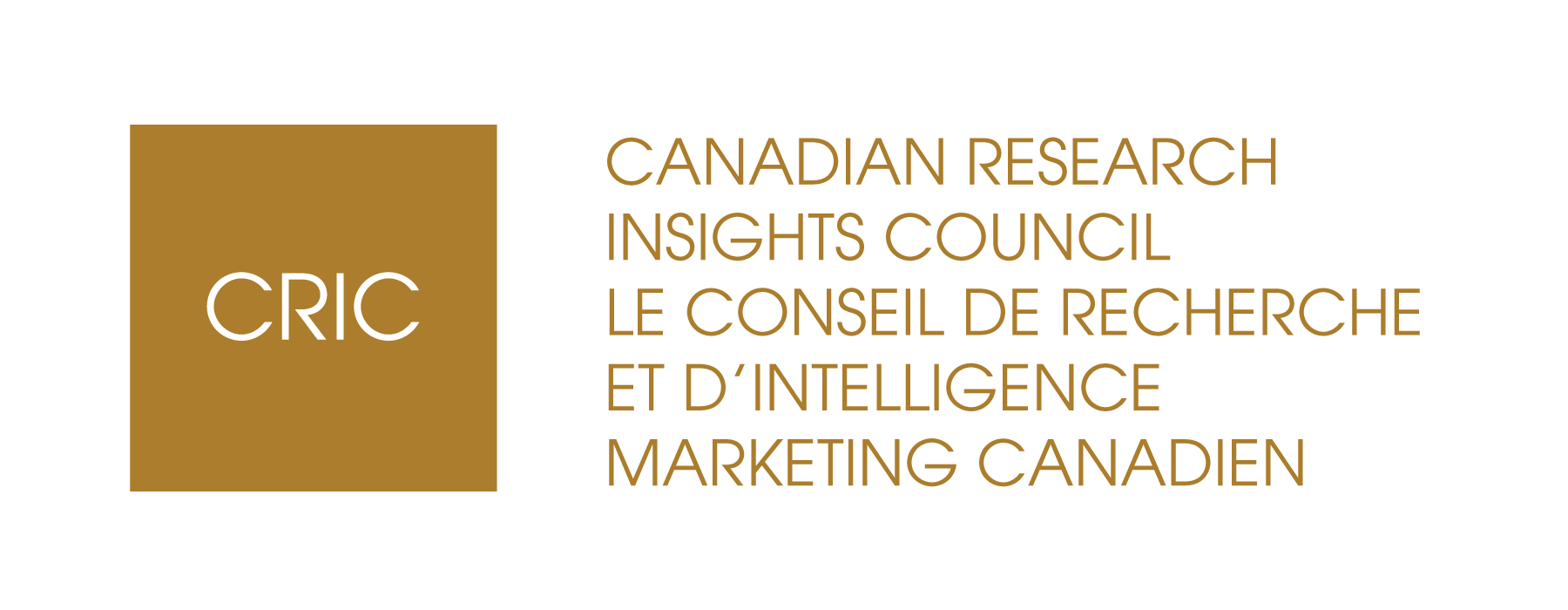Various media outlets reported today and over the weekend that the UCP party in Alberta allegedly leaked confidential findings of a survey without the approval of the research agency and only released portions of the data that supported its agenda. In addition, the findings – part of a larger syndicated survey conducted by Janet Brown – were released in a manner that does not comply with the CRIC Public Opinion Research Standards and Disclosure Requirements.
Survey data has the power to combat misinformation but only when done following the highest transparency standards. In order to ensure research is unbiased and to enhance public trust, CRIC standards require the disclosure of research results and methods of studies when research findings are released in the public domain.
“When done transparently, research that is shared publicly helps to inform the public of the views of Canadians on key issues and supports conversations in the development of sound policies,” stated Gary Bennewies, CAIP, Chair of CRIC and CEO of Ipsos in Canada. “When relevant findings are supressed to promote an agenda, it’s misleading and erodes public trust in democracy,” he added.
The CRIC standards also require researchers to promptly “correct factual misrepresentations or distortions of data or analysis” and we are pleased to see that Janet Brown took steps to set the record straight.
We also thank the media for their prompt reporting of this issue. To help the media with their important role in addressing misinformation, CRIC has prepared a list of 10 questions that journalists should ask before reporting on a poll and we encourage all media outlets to use this list when evaluating whether they should report on a poll.
CRIC also reminds all clients of research including political parties that it is essential to obtain the approval of the research agency before releasing results into the public domain, and to ensure any public release of survey findings complies with the strictest standards around disclosure and transparency.
“Democracy isn’t a game or something to be taken lightly,” said Frank Graves, CAIP, FCRIC, Chair of CRIC’s Public Opinion Research Thought Leadership Council and Founder and President of EKOS Research. “Reliable polling is a major contributor to a strong democracy by transparently reporting on the issues that are important to voters and the electoral choices presented. CRIC members take this responsibility to democracy very seriously and that is why we have adopted world-class ESOMAR standards and complemented them with very high Canadian standards including rules related to research transparency.”
About CRIC
The Canadian Research Insights Council (CRIC) is Canada’s voice of the research, analytics, and insights profession both domestically and globally. CRIC represents the highest standards, ethics, and best practices; provides effective promotion and advocacy of the industry; serves as a source of information and thought leadership; and is a forum for collective industry action. CRIC’s members include Canada’s leading research agencies as well as client organizations, academic institutions, and other industry partners.
For more information, visit www.canadianresearchinsightscouncil.ca or contact John Tabone at [email protected].
Contact Us
For more information, contact John Tabone, Chief Administrative Officer:
